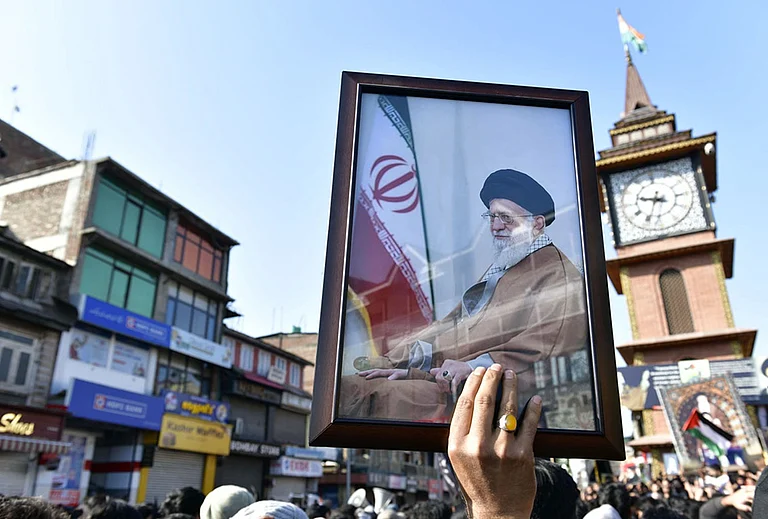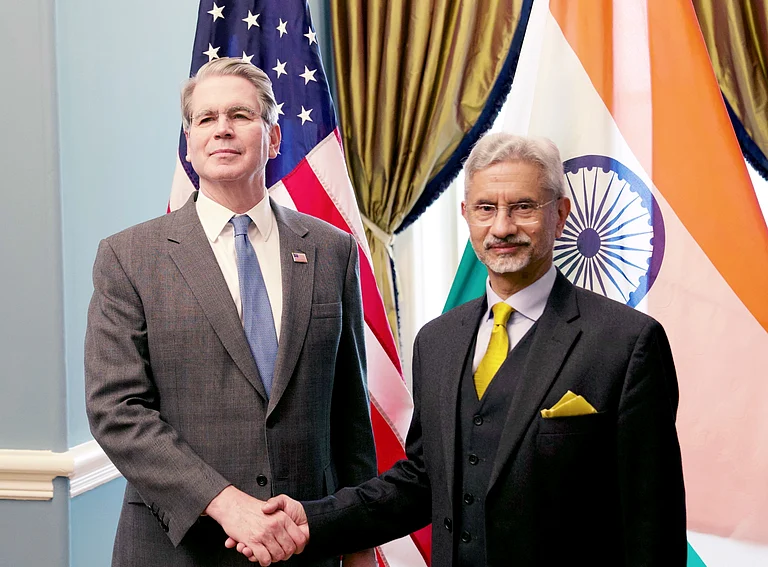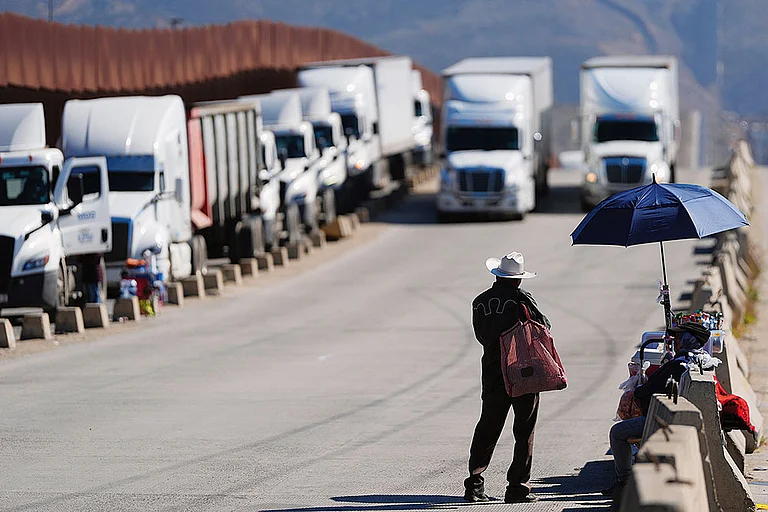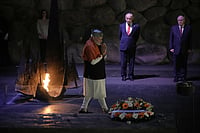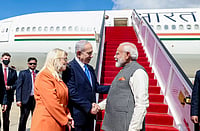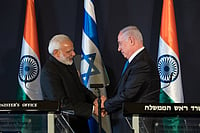
Foreign Minister S Jaishankar said India, China "seek to move ahead” after difficult period.
Approach to be led by "candid and constructive" approach from both sides.
China keen to restore trade relationship with India, both oppose US and Western domination.
For the first time since the deadly India-China border clash in the summer of 2020, foreign minister Wang Yi is in New Delhi for talks with Indian leaders, signalling an accelerated push towards the normalisation of relations between the two Asian rivals.
Ahead of the 24th round of boundary discussions with National Security Advisor Ajit Doval on Tuesday, Wang Yi, who arrived earlier Monday evening, is holding talks with foreign minister S Jaishankar. The two ministers last met in Beijing, where they held a bilateral on the sidelines of the Shanghai Cooperation Organisation (SCO) meeting of foreign ministers last month.
In his opening remarks, Jaishankar acknowledged that India and China had come through a "difficult period in our relationship, our two nations now seek to move ahead,” and that required "a candid and constructive approach from both sides.” He repeated the Indian mantra that ties have to be guided by "three mutuals: mutual respect, mutual sensitivity and mutual interest. Differences must not become disputes, nor competition conflict.’’
Jaishankar spelt out what he hoped the Chinese foreign minister’s visit would achieve. "...it is our expectation that our discussions would contribute to building a stable, cooperative and forward-looking relationship between India and China, one that serves both our interests and addresses our concerns.’’
Economy and Trade Focus
With both India and China struggling since US President Donald Trump unleashed his tariff war on the world, economy and trade were on top of the table during the discussion. China has been critical of Trump’s actions in weaponising tariff as a tool for advancing America’s foreign policy. Meanwhile, China is looking to the Indian market in these uncertain times, and India, too, needs China to provide essential critical components for the domestic production of electric vehicles, solar panels and several other items needed to boost its manufacturing base.
Beside the economy and trade, including getting the border haats working, people-to-people contact, pilgrimages and tourism, the sharing of river data was part of today’s discussions.
Visit During Strained Ties With US
Wang Yi’s visit comes when India’s relations with Washington have hit turbulence following Trump’s imposition of 50 per cent total tariff rates on Indian exports. "India and China's high-level visits are part of larger normalisation," said Prathibha, an expert on China with the New Delhi-based think tank, Manohar Parrikar Institute for Defence Studies and Analysis. China, Pratibha said, remains keen to expand its market access to India, especially after Trump's trade war with China. "India is looking towards restoring ties too, but nevertheless, the US targeting India has led to less public ire about keeping China at arm's length," Pratibha said, while cautioning that India and China have "many outstanding issues to resolve, and the steps to normalise their relationship would be gradual".
Trump’s trade war has forced India and China towards repairing ties that were in deep freeze till the de-escalation was completed in Ladakh last year. As Prathibha pointed out, public opinion in India was against normalising relations with China after the clashes in the Galwan Valley. Many felt that befriending the US was the only answer to counter China’s aggressive moves at the time. But with the sudden chill in the blossoming India-US relations, these voices are now muted, giving an opportunity to the Prime Minister Narendra Modi government to go ahead with repairing ties with China. However, a breakthrough in relations with China will not happen unless the vexing boundary issue is finally settled.
Mutlipolar World
Despite their major differences, India and China also believe in a multipolar world, not dominated by a single country. Jaishankar’s opening remarks also highlighted India’s global view. "We seek a fair, balanced and multipolar world order, including a multipolar Asia,’’ the minister emphasised.
Both countries are against the US and Western dominated multilateral institutions like the World Bank and the International Monetary Fund. "Reformed multilateralism is also the call of the day. In the current environment, there is clearly the imperative of maintaining and enhancing stability in the global economy as well. The fight against terrorism in all its forms and manifestations is another major priority. I look forward to our exchange of views,’’ Jaishankar said.









